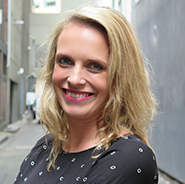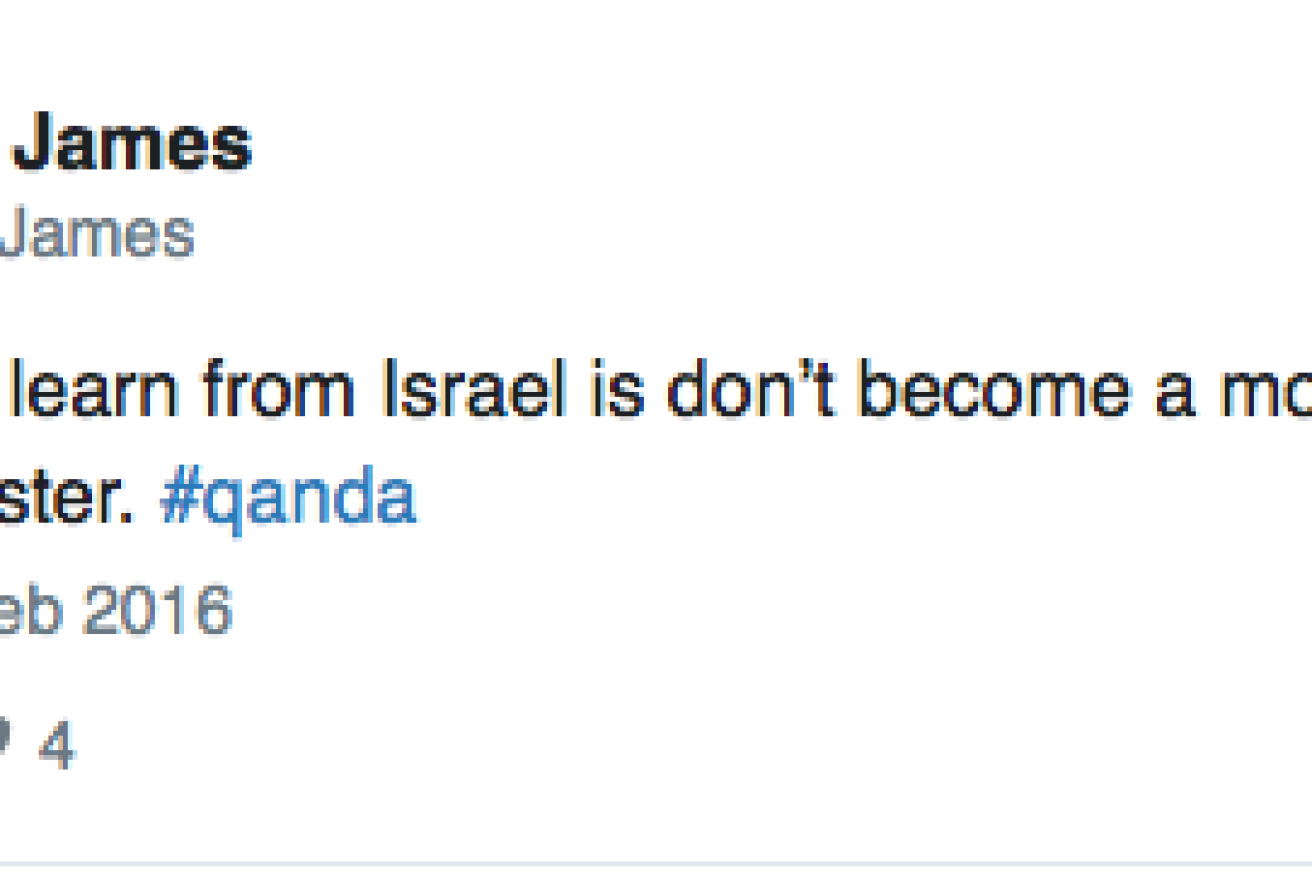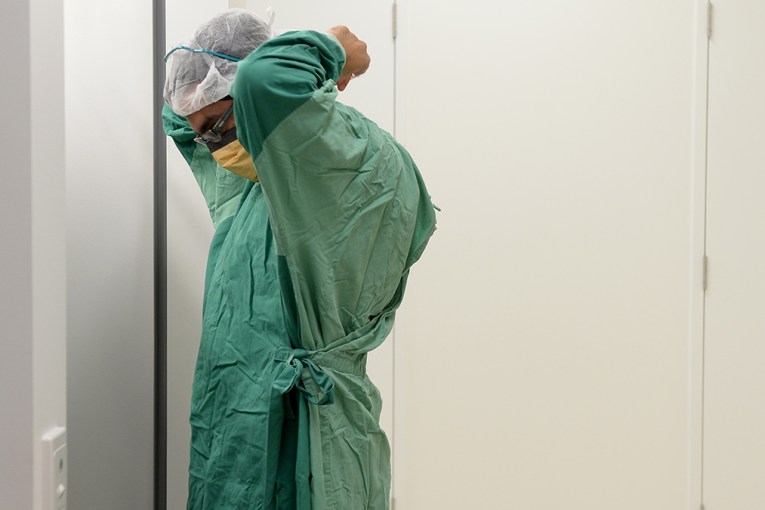‘There will be a terrorist attack in Australia’: Q&A


Military strategist and author David Kilcullen has warned that it’s inevitable there will be some sort of terrorist attack on Australian soil and the government won’t be able to protect the nation from such an event.
The comments came during the ABC’s Q&A program on Monday night, after an audience member questioned whether Australia’s response to Islamic State (IS) should be modelled on a tougher “Israeli model”.
“Israel to date has not been attacked by ISIS. In fact, they haven’t even broken a window in Israel,” audience member Patrick said.
• Stan Grant ‘in discussions’ about politics
• Peter Dutton faces threat from right-wing parties
• Labor draws level with Coalition: poll
Mr Kilcullen said while we didn’t want to take a hard hand to terrorism, it was important to ensure we were balanced.
“So we are kind of not accidentally generating the kinds of dynamics that give rise to that sectarian conflict at the same time. It is a balance,” he said.
“It is inevitable that we will see at least some kind of terrorist attack here in Australia.

Military strategist and author David Kilcullen. Photo: Twitter/ABC
“The request here is how bad will it be, how we will respond, how will we focus on consequence management and on recovery from that kind of attack, and I don’t mean to be pessimistic but I think we have to be realistic that if you think that the government can protect you from any kind of terrorist attack, you are living in dream land.
“Just like these things happening in other countries, they will happen in Australia also.”
Fellow panel member, ANU centre for Arab and Islamic Studies’ Raihan Ismail, said Australia should not take Israel’s approach in defeating IS because “you can’t bomb an ideology”.
“By trying to bomb ISIS and go all out, you are not solving the problem at all,” Ms Ismail said.
“When you exaggerate the threat of terrorism in Australia, there are consequences.”
Meanwhile, journalist Eldad Bec, a Berlin-based correspondent of the Israeli daily Yedioth Ahronoth, covering Germany, central Europe and the EU, said the IS issue should not be looked at as a problem for the West.
But it should be solved by the Middle East.
“I’m not so sure I agree to the perception that you cannot bomb an ideology, especially thinking about Nazi Germany. It was not defeated by roses and chocolate,” Mr Bec said during the program.
“It is something much bigger, and it has an effect on many more people, mainly in the Middle East. And as the problem comes from the Middle East, I think it should at a certain point also be solved by the Middle East.”
Terrorism and airstrikes
Mr Kilcullen had previously described the strategy of drone airstrikes for assassination as ‘counterproductive’.

ANU centre for Arab and Islamic Studies’ Raihan Ismail. Photo: Twitter/ABC
But panel member Justice Minister Michael Keenan said the Australian government didn’t participate in that directly, but its allies did and they supported them in that.
“These are the sorts of requests we need to be asking ourselves and we need to have a robust debate about it, but we need to be using what we have at our disposal against a very vicious enemy,” Mr Keenan said.
“The drone is no different from an aircraft, it just happens to deliver its pay load in a very different way and I would be keen to do whatever we can do stay on top of this enemy.”
Ms Ismail said civilian casualties of drone strike attacks were concerning.
Deputy Opposition Leader Tanya Plibersek said for moral and strategic reasons civilian casualties must be avoided.
“I think for both moral and strategic reasons, you have to avoid civilian casualties and the rules of engagement that Australians are fighting under in Iraq and in the air missions over Syria are very tight and very clearly aimed to avoid civilian casualties,” Ms Plibersek said on the panel.
“I think the problem that a couple of people have identified is you are relying on intelligence to call in air strikes, and the intelligence in Syria in particular has been pretty poor up until now. The human intelligence is pretty hard to get and to rely on.”
Who judges whether a young child was exhibiting signs of extremism?
Countering violent extremism programs have started to be rolled out at “vulnerable locations” in Australia.
Mr Keenan said the government was training frontline people within communities, such as teachers, to identify radicalisation.
“We are not changing the nature of schools which are there to educate children. We are not having our agencies to identify children who we think might be moving down the wrong path many,” he said.
“What we are doing is training people who are on the front-line and others in the school community to identify the sorts of signs that students might be exhibiting if they are moving down this dark path of violence radicalisation.
“The reason we are doing that is because here in Sydney we did see a 15-year-old shoot an employee walking out of work at the Parramatta Police Station, and we also know that ISIL is targeting people younger and younger.”
Mr Keenan was criticised about the program and became defensive towards other panel members for looking at it as “a joke”.
“Are we going to re-train teachers? Are we going to ask them to take a degree in criminology? Ask them to profile children? At the moment we already have our intelligence agencies dealing with this, so when you are asking teachers to do the job of intelligence, I just don’t see how we are going to be able to do that unless we force them to go for proper training,” Ms Ismail said.
Mr Keenan replied: “I’ve got to say … I find nothing funny about any of this. It is a very serious issue and a very serious process of someone undergoing it.”














